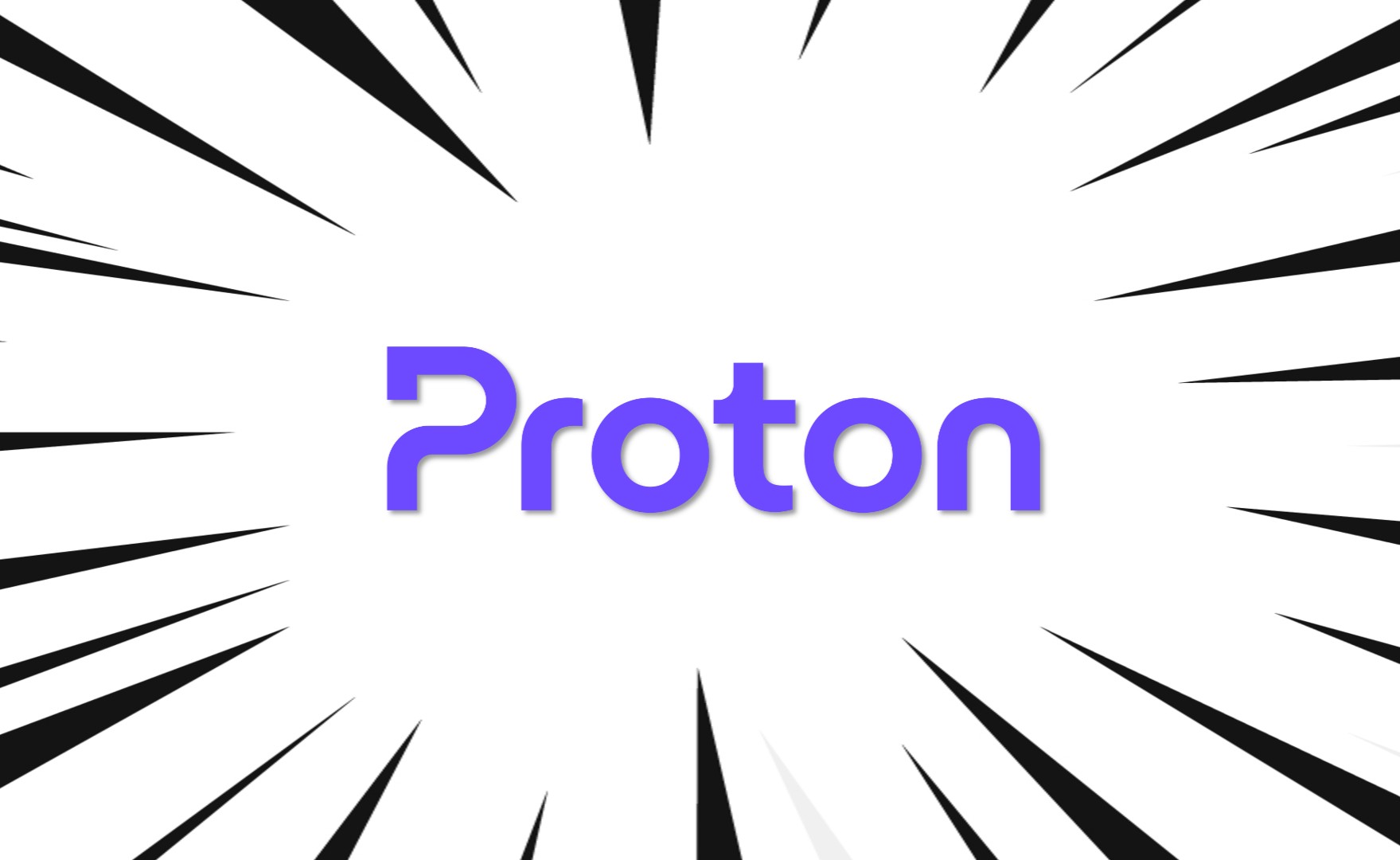
L’azienda tecnologica Proton, che conta già 100 milioni di utenti in tutto il mondo, si è ritrovata al centro di due grandi notizie. Innanzitutto, il lancio della sua intelligenza artificiale generativa, Lumo, che promette la privacy assoluta per gli utenti. In secondo luogo, l’amministratore delegato Andy Yen ha annunciato in un’intervista a Le Temps la sospensione degli investimenti in Svizzera.
Il motivo era una possibile riforma della normativa svizzera sulla sorveglianza delle comunicazioni. Secondo Yen, le modifiche proposte porterebbero a una sorveglianza di massa e obbligherebbero le aziende private a spiare i propri utenti nell’interesse dello Stato. Di conseguenza, Proton non investe più nel Paese e sta spostando gli investimenti strategici in Europa. L’azienda utilizzerà 100 milioni di franchi per costruire data center in Germania e Norvegia.
Yen ha spiegato che il mercato dell’intelligenza artificiale generativa è attualmente controllato da Stati Uniti e Cina: Google Gemini, ChatGPT, DeepSeek, Microsoft Copilot. Questo, ha osservato, è un ripetersi dell’errore della fine degli anni ’90, quando le aziende statunitensi dominavano la ricerca online, dando vita al “capitalismo della sorveglianza“. Proton ha deciso di offrire un’alternativa europea basata sui principi della privacy.
Ian ha sottolineato che, a differenza della ricerca, l’intelligenza artificiale non si limita a mostrare risultati, ma instaura un dialogo, studia la personalità, le opinioni politiche, gli interessi e persino le paure. “Oggi vedo come le persone, compresi i bambini, stanno iniziando a parlare con l’intelligenza artificiale come se fosse una compagna“, ha affermato. Pertanto, la questione della privacy diventa critica.
La principale differenza con Lumo, secondo Ian, è il suo sistema di crittografia. “La cronologia delle tue conversazioni è solo tua, nessuno, nemmeno Proton, vi ha accesso“, ha affermato. Lo stesso Ian ha ammesso di esitare a volte a porre domande sensibili all’IA, non sapendo cosa accadrà ai suoi dati. Lumo elimina questo problema, consentendo di utilizzare l’IA senza timore di perdere la privacy.
Ha definito il progetto Lumo il passo più rischioso degli 11 anni di storia di Proton. Ian ha ammesso che il mercato richiede aggiornamenti costanti e una qualità paragonabile a quella di Google o Microsoft, e che i concorrenti dispongono di risorse incomparabilmente maggiori. Ma ha ricordato che un tempo Proton Mail era considerato impossibile e persino ridicolo.
Ian ha spiegato: “Esistono molti modelli open source avanzati disponibili al pubblico e noi li utilizziamo in combinazione per garantire la massima qualità possibile. In seguito, dovremo sviluppare anche i nostri modelli. È costoso, ma i costi stanno diminuendo rapidamente: ciò che prima costava decine di miliardi presto costerà milioni”. Ha aggiunto che Proton sta costruendo la propria infrastruttura di chip e server, che prevede di ampliare dopo il lancio.
Tuttavia, questa infrastruttura non sarà disponibile in Svizzera. Proton sta investendo 100 milioni di franchi in data center in Germania e Norvegia. Yen ha sottolineato che la decisione è già stata presa ed è irreversibile. Ha aggiunto di aver recentemente scritto al Consigliere federale Beat Jans chiedendo chiarimenti e garanzie che le preoccupazioni del settore saranno prese in considerazione, ma di non aver ricevuto risposta.
Ian ha osservato che l’azienda non può attendere la decisione finale delle autorità: il processo politico è lento e il mercato dell’IA si sta sviluppando rapidamente. Inoltre, la Commissione Europea ha dichiarato l’IA una priorità strategica e investirà 20 miliardi di euro nei prossimi 12 mesi per creare 15 “fabbriche di IA”. “Se non inizio a costruire ora, tra sei mesi non sarò in grado di trovare né personale né attrezzature: tutto sarà assorbito da ingenti investimenti in Europa o negli Stati Uniti”, ha affermato.
Ha inoltre chiarito che l’investimento da 100 milioni di franchi di Proton è solo l’inizio. “Rappresenta solo il 10% del totale. Entro la fine del decennio, il nostro piano di investimenti complessivo supererà il miliardo di franchi”, ha affermato Yen. “Tra dieci anni, ci sarà un concorrente europeo per Google e le aziende tecnologiche cinesi, e noi vogliamo essere quell’azienda. È una necessità politica e sociale difendere i valori europei, come il diritto alla privacy“, ha sottolineato.
Ti è piaciuto questo articolo? Ne stiamo discutendo nella nostra Community su LinkedIn, Facebook e Instagram. Seguici anche su Google News, per ricevere aggiornamenti quotidiani sulla sicurezza informatica o Scrivici se desideri segnalarci notizie, approfondimenti o contributi da pubblicare.

 Innovazione
InnovazioneL’evoluzione dell’Intelligenza Artificiale ha superato una nuova, inquietante frontiera. Se fino a ieri parlavamo di algoritmi confinati dietro uno schermo, oggi ci troviamo di fronte al concetto di “Meatspace Layer”: un’infrastruttura dove le macchine non…
 Cybercrime
CybercrimeNegli ultimi anni, la sicurezza delle reti ha affrontato minacce sempre più sofisticate, capaci di aggirare le difese tradizionali e di penetrare negli strati più profondi delle infrastrutture. Un’analisi recente ha portato alla luce uno…
 Vulnerabilità
VulnerabilitàNegli ultimi tempi, la piattaforma di automazione n8n sta affrontando una serie crescente di bug di sicurezza. n8n è una piattaforma di automazione che trasforma task complessi in operazioni semplici e veloci. Con pochi click…
 Innovazione
InnovazioneArticolo scritto con la collaborazione di Giovanni Pollola. Per anni, “IA a bordo dei satelliti” serviva soprattutto a “ripulire” i dati: meno rumore nelle immagini e nei dati acquisiti attraverso i vari payload multisensoriali, meno…
 Cyber Italia
Cyber ItaliaNegli ultimi giorni è stato segnalato un preoccupante aumento di truffe diffuse tramite WhatsApp dal CERT-AGID. I messaggi arrivano apparentemente da contatti conosciuti e richiedono urgentemente denaro, spesso per emergenze come spese mediche improvvise. La…